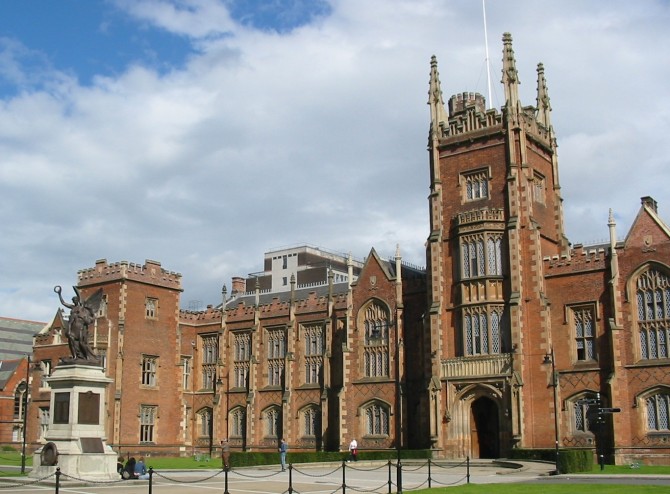
According to the University and College Union (UCU), which represents UK lecturers, 88% of academic staff voting in a ballot have supported strike action while 93% supported action short of a strike. Some 68 universities, including institutions such as Oxford and Cambridge Universities, voted although seven of the institutions failed to clear a required 50% turnout. Striking across the UK will begin on February 22.
The UCU branch at Queen’s, which currently has over 900 members, were contacted by email yesterday morning to announce the strike and instructed not to work the 22 and 23 of February. Members of the UCU Queen’s branch also intend to not work on the 26, 27, and 28 of February, with further action planned in the beginning of March.
The universities are protesting against proposed changes to the Universities Superannuation Scheme, which could cost hundreds of thousands during a lecturer’s retirement as it would change the current program that has a guaranteed income in retirement to one where their pensions would be dependent upon changes in the investment market.
According to many academics, a lecturer will almost be £10,000 worse off each year in retirement, or around £200,000 in total, due to the proposed changes. The Universities Superannuation Scheme currently faces a £12.6 billion deficit.
UCU president at Queen’s, Fabian Schuppert, told BBC News that university staff have reached “breaking point”. He continued: “We need to stand up and defend our pension, since this latest proposed cut is not an isolated event. It follows a long series of erosions of our working conditions, including losses in real term earnings, increased workload and diminishing pension benefits.”
National Students Union (NSU) supports the UCU strike action, with the president, Shakira Martin, calling on university employers to continue pension negotiations. However, the industrial action has been criticized by Universities UK, which is an umbrella organisation for higher education. The organisation has stated that the move will be “the most extensive strike action ever seen”. Some students on UK campuses are planning to demand compensation from their universities for disruption to their degrees.
For several years, Trinity has been embroiled in a dispute with staff trade unions, although the nature of the dispute differs from that in the UK. The Irish government recently recommended that universities not offer fixed-term contracts, however, the type of contracts offered to employees ultimately falls to the discretion of individual institutions.
The Irish government’s recommendation is in accordance with a rising trend where universities across Ireland the UK have become more dependent upon temporary contracts for academic and administrative staff.






